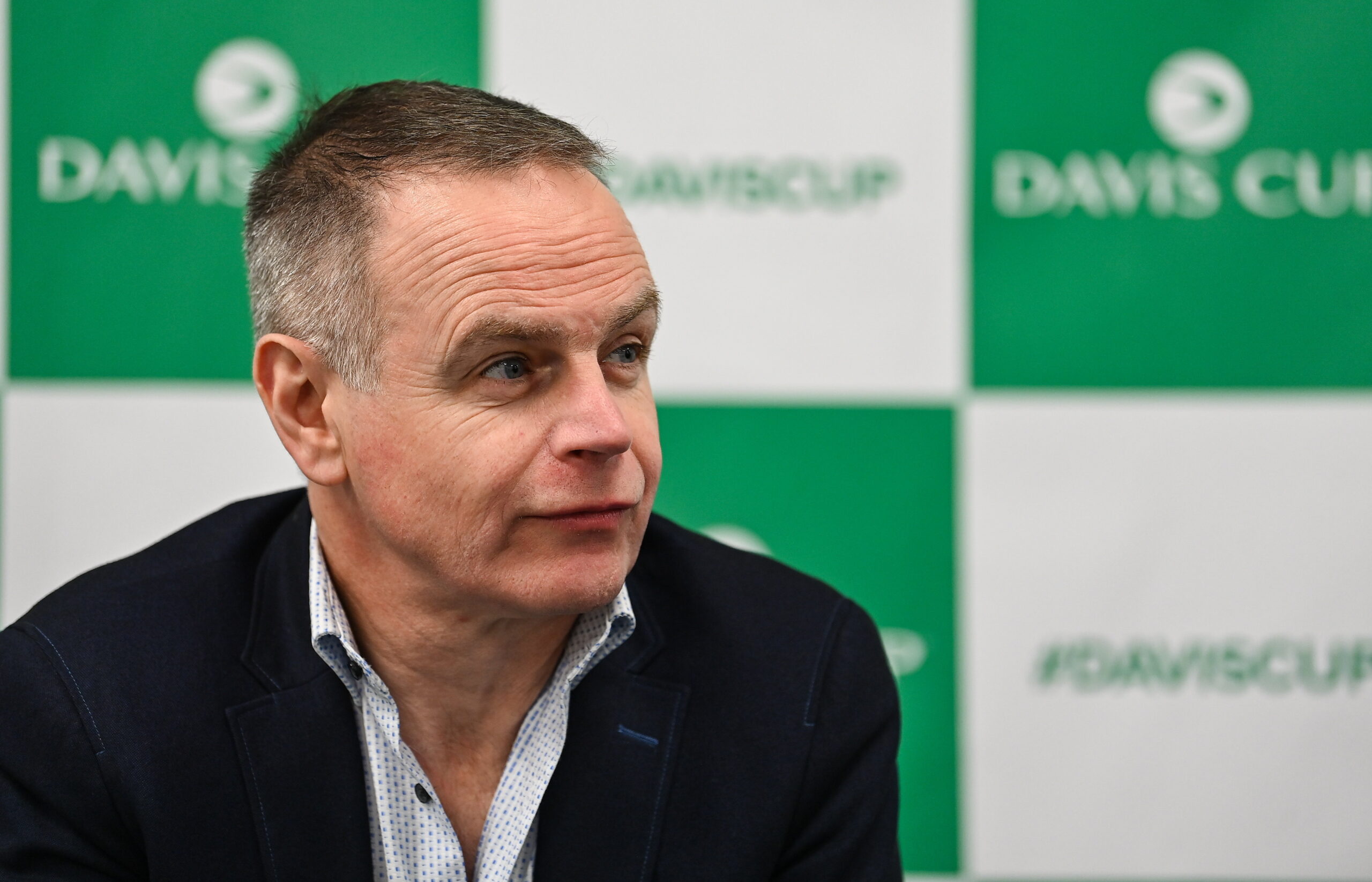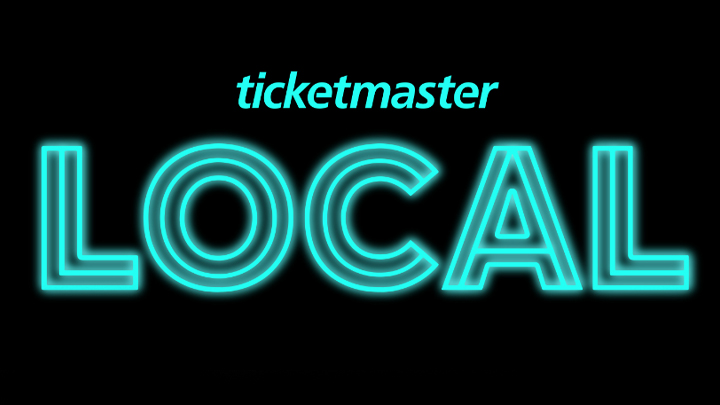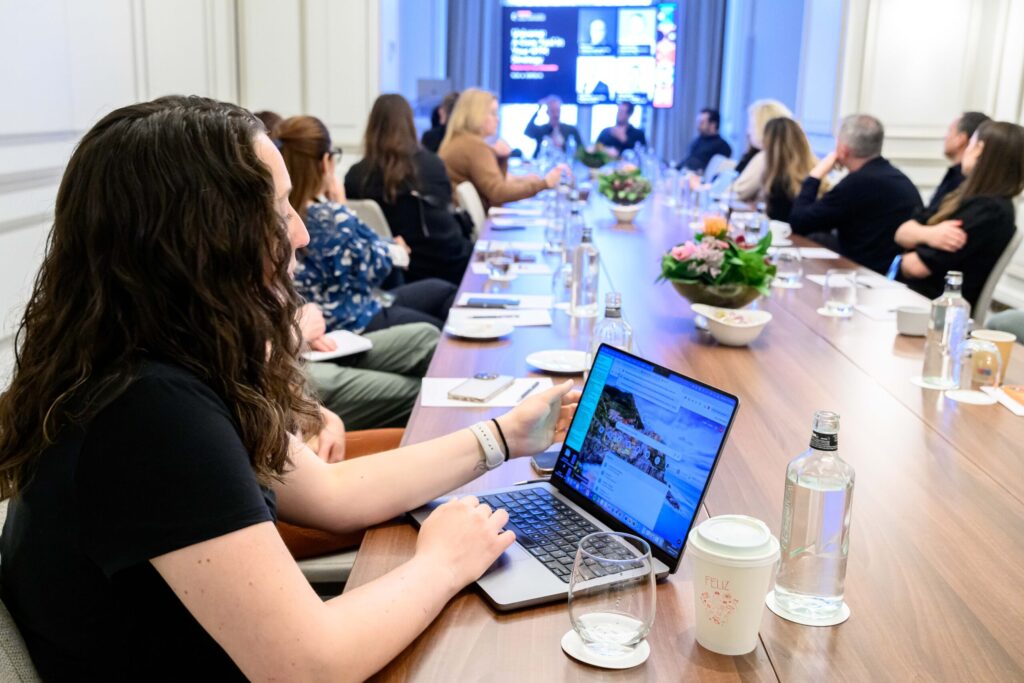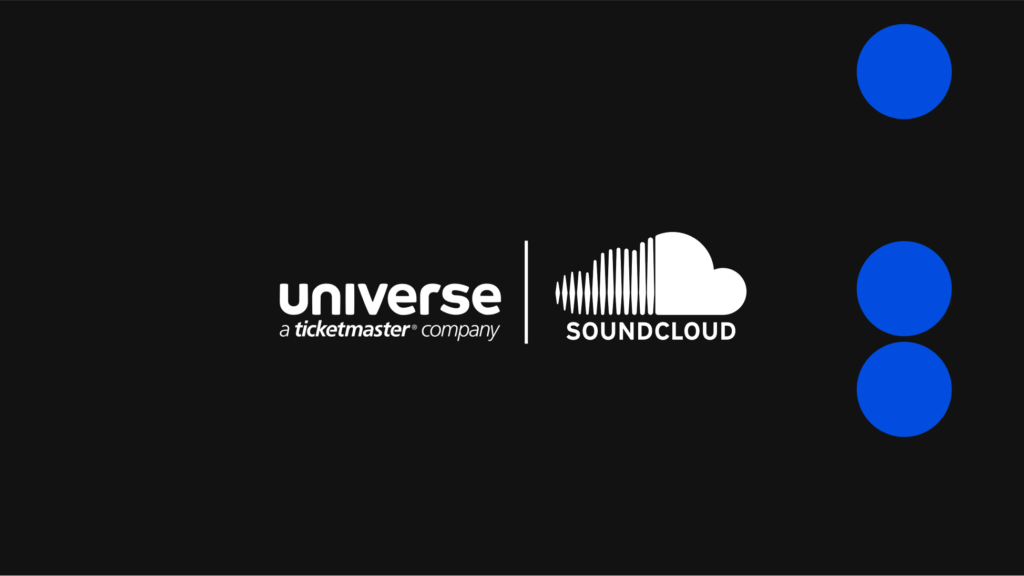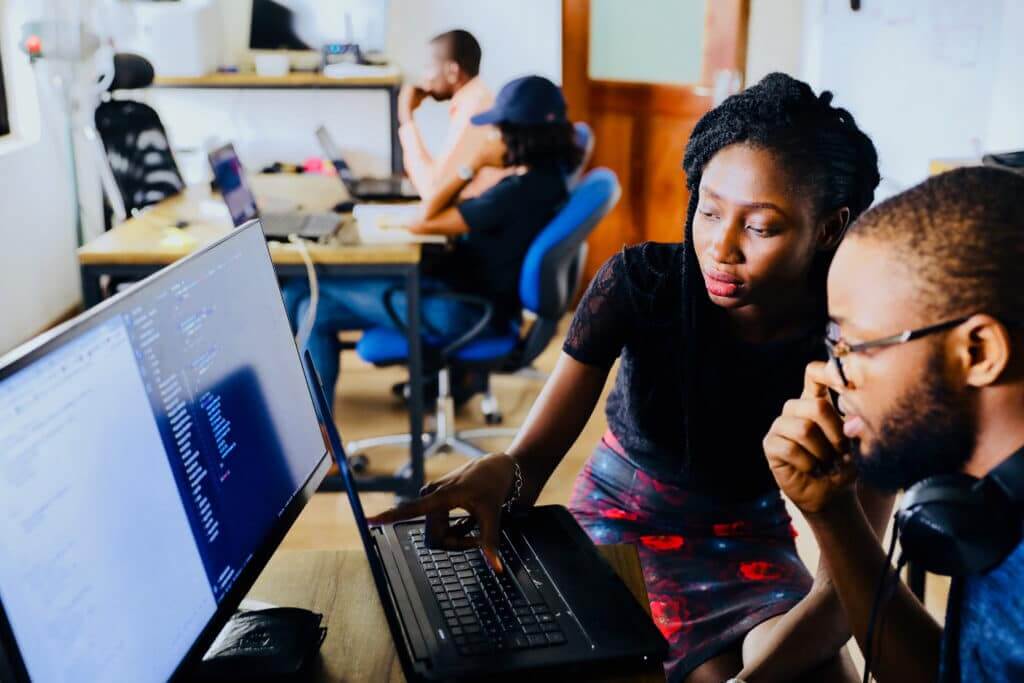We sat down with Tennis Ireland’s CEO, Kevin Quinn, to discuss his career journey across the sports industry, his advice for anyone aspiring to work in sport, the significance of bringing the Davis Cup back to Dublin this September, and his experience working alongside Ticketmaster.
TM: Can you introduce yourself and tell us a bit about your role?
KQ: My name is Kevin Quinn, I’m the Chief Executive of Tennis Ireland. I’ve been in the role for about two and a half years. I’m really enjoying it, it’s quite a challenge. With nearly 200,000 people playing fairly regularly, and about 100,000 affiliate members of Tennis Ireland, tennis, although it’s a huge sport in Ireland, is, I’d describe it a little bit as “hiding in plain sight”, in that many people wouldn’t think that tennis is that big. Having the Davis Cup coming back to Ireland is really important in terms of the awareness of the sport. To give both those people that play the opportunity to go to a really big international professional tennis event, but also just to get media coverage for tennis.
Typically you find that the big media outlets; newspapers, TV, radio, tend to cover, in Ireland anyway, the big three field sports of GAA, soccer and rugby, and spend very little time on the other sports, unless, of course, those sports have, you know, Rhasidat Adeleke or Leona Maguire or I don’t know, Shane Lowry. Those kinds of players that regularly do well at big professional events and then get coverage in terms of mainstream media.
TM: It’s been a decade since Davis Cup tennis has been in Dublin, how does it feel to have it back and what does it mean for Irish tennis?
KQ: Having that event back in Dublin is just fantastic for our huge playing community, and for fans of tennis. We also just recently had the AIG Irish Open, which was held in Carrickmines, also in Dublin. That’s a week-long professional tennis tournament with players from all over the world. It was great to see Michael Agri, who’s the number one Irish player, get to the final. He had a great match, really close to winning that one, but it’s just so good to have Irish representation all the way through to the final of a professional tennis tournament. And Michael, of course, will be playing for the Davis Cup team when we play against the People’s Republic of China on 13 & 14 September.
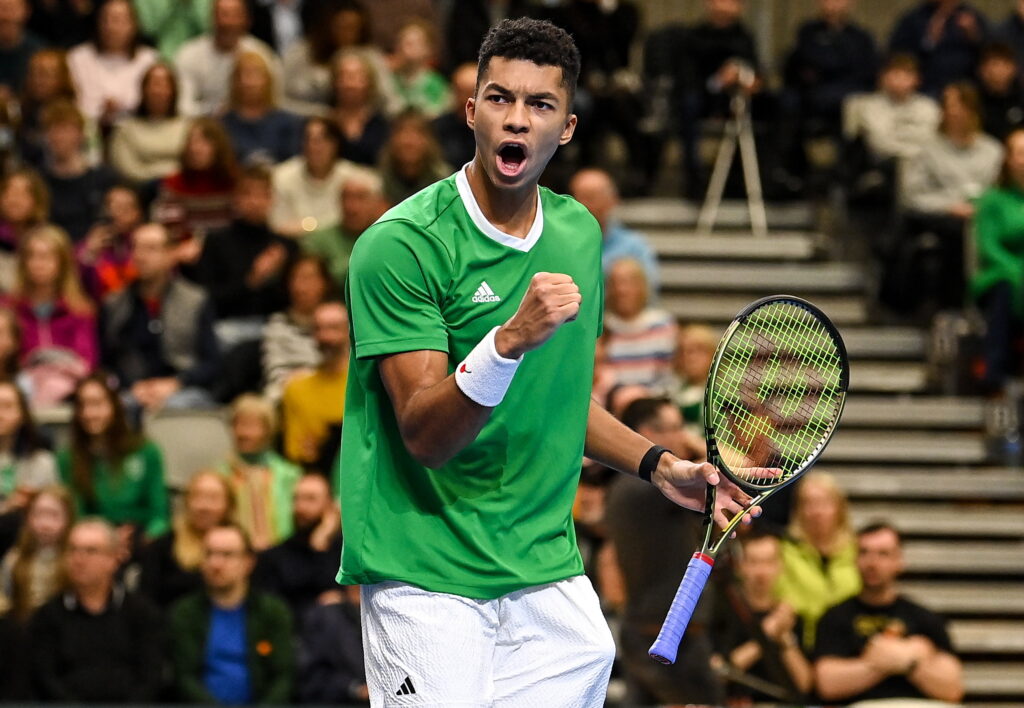
That event is sold out too, so you know, it’s great to have that coverage, the awareness for tennis, but also the opportunity for our community to watch Ireland play, in front of a home crowd. That will be on the Sport Ireland campus out in Blanchardstown too, which we’re really looking forward to.
You often learn more about yourself when things don’t go to plan”
TM: It’s seldom that Team Ireland play in front of a home crowd. Do you think hosting a high-profile match like this could inspire a new generation of Irish tennis players?
KQ: It absolutely could. The idea that kids who are playing a lot of tennis can come along and see Irish players, as an Irish team, wearing their green, and playing against the People’s Republic of China is unique. The Davis Cup is still like the World Cup for tennis. It’s an annual tournament. It’d be the biggest annual team sports event on the planet. It’s only surpassed in terms of viewership, number of teams, number of countries playing in it by things like the Soccer World Cup every four years or the Olympics. It’s a huge, huge, huge tournament, so having it here in Ireland and in Dublin is really special.
TM: You previously worked with Leinster Rugby. What drew you to working in sports originally?
KQ: So yeah, I’ve worked in sport now for over, dare I say it, nearly 35 years, and in lots of different sports in that time. Individual sports and team sports; through soccer, rugby, tennis, obviously, and GAA. I worked in satellite broadcasting and streaming media in careers gone by as well. That got me working in loads of different sports and in lots of different sporting associations, such as FIFA. So it’s been a really interesting career working in sport.
It’s very challenging because you tend not to have the finances, the resources that you’d like to have, to be able to deliver on your strategy and your plans. So it ends up that you’ve got a small organization working incredibly hard to the benefit of, in this case, tennis, and our tennis community all across the island of Ireland. A huge number of volunteers, our board, our provincial branches, the councils there, all have a massive impact on the number of tournaments, competitions, leagues, as well as all the different clubs that come together and play. All those volunteers help to build a really thriving, passionate tennis community.
Working with volunteers can be really rewarding. You get a lot of people that are giving their time for free, and their expertise to be able to help deliver on, in our case, tennis in Ireland. And it’s great. It’s a lot of work, though. It can be challenging, but it can also be really rewarding.
Probably the most important thing, though, about my experience of working with Ticketmaster has been the people”
TM: Can you share a memorable moment in your career that has had a significant impact on you?
KQ: That’s interesting one. I’ve found you often learn more about yourself and others when things don’t go to plan, when things go wrong, and when I was younger, I started a company in streaming, working in Streaming Media and Sport and and that company grew really quickly from just an idea, a startup, to a company with offices around Europe and over 100 employees. And I came under pressure, we had a big venture capital investor in that US company and the US investor, put quite a bit of pressure on me to step down as chief executive at the time, because I was young, and they felt that I wasn’t the right person to take on the company as it scaled, as it grew. And in hindsight, they were right.
I was young, I didn’t have much experience in terms of running a company. And that was memorable, probably for all the wrong reasons. That was a really difficult thing to do, to step down from your own company, stay working with others, and stay really enthusiastic and energized about it. So that was really challenging. It’s a memorable moment, possibly for the wrong reasons.
You learn a lot though. You learn what you’re good at, rather than what you’re not good at. And that probably gives you a kind of lesson, it gives you the experience to be able to sit back and look, really concentrate on those things that you’re good at, but also appreciate the fact that you can bring in people around you that are way better at other parts of what you need to do, in terms of building a company or running an organization, and to trust them to do that. So some really good learnings came out of that.
But on the positive side, in terms of memorable occasions, I’d probably say the great benefit of working in lots of different sports and working in events. I’ve had the pleasure of being all over the world at big sporting occasions, and certainly the most memorable of those would be when you can travel with your family or your friends and really enjoy those occasions together, particularly if you’re not working at those events. You can really enjoy that, and that’s a great benefit of working in sport too.
TM: What advice would you give to someone who would like to work in a similar role?
KQ: Well, you know, working in sport can be really rewarding. As I said, you get to work with a diverse array of people, both in terms of staff that you work with, and volunteers. When you’re working with volunteers too, it’s interesting in that a lot of the time, because they’re giving their time for free, they’re only available either early in the morning or late at night, because they’re working themselves, or at home with their families. So it does mean that sometimes the hours are long and when you’re working in a sport or in a career like this, you obviously then are going to be working weekends as well, because all of our tennis tournaments and competitions, particularly the finals, will be at weekends, so a lot of the time you’d be working on a Saturday, Sunday, as well as the work during the week.
It can be time-consuming, it can be challenging, but it can be hugely rewarding, as I said, because sport is probably a part of all of our identities. And you know, if you find a sport that you’re really passionate about, like I am with tennis, well then you feel that you can make a significant impact on the future of tennis and improve the plight of some of our top juniors, and top tennis players in the country, to see if they could go on to play in some of the grand slams, play in the big tournaments around the world, like Wimbledon or the Australian Open. Well, then that’s hugely rewarding. And also you’re working in a sport that you really enjoy. It’s part of what you do. So you tend to give more to it. So that’s why sports can be a tough career, but very rewarding.
TM: What are your hopes for the future of Irish tennis?
KQ: Well, really, to sustain the growth that we’ve seen over the last few years. There’s been a significant growth in participation, particularly post-COVID, of people who are interested in and playing tennis, like a huge growth in their playing community. To sustain and keep that growth going and to invest more in more facilities around the country, more indoor courts, outdoor courts, so that people get more of an opportunity to try tennis and can find courts near them to play whenever they want.
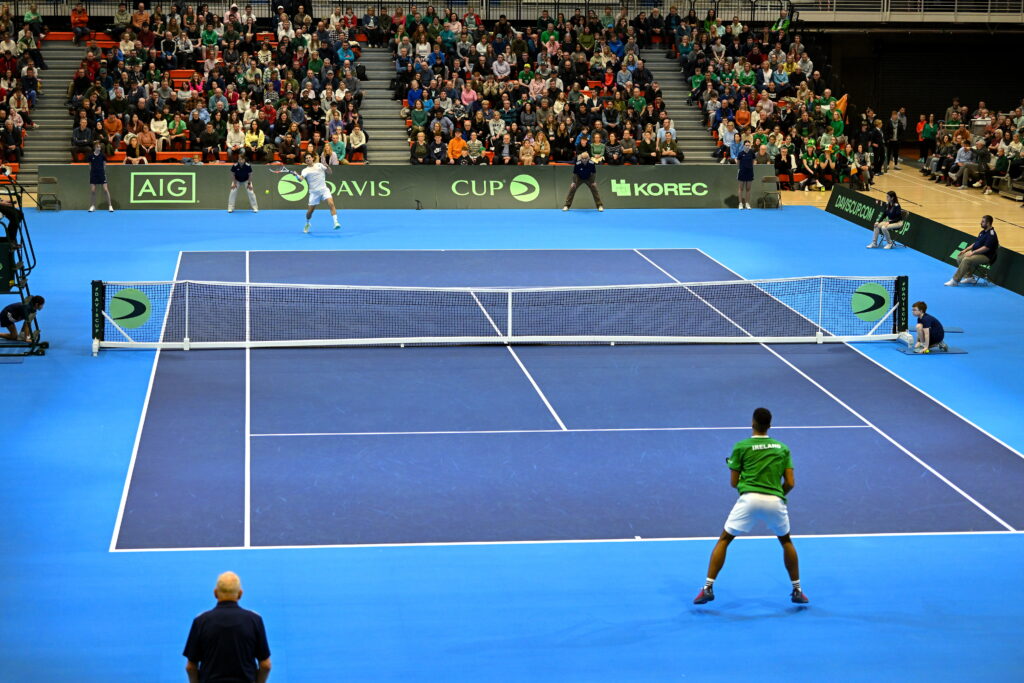
And then also at the top of the game in terms of performance development, even high performance really to look at developing, you know, probably the first high performance culture for tennis in Ireland, we probably all enjoyed, you know, the Olympics last year, where we saw so many great Irish athletes, you know, excel in lots of different sports. You know, Rhys McClenaghan in the pommel horse is a notable one. We all became pommel horse experts for a few weeks of the Olympics. But that just shows you, I think, that the Irish athlete, the Irish player, if given the right opportunity, can really excel at the very, very top of any sport.
So for Tennis Ireland, it’s about giving those really talented juniors that we can see coming through the ranks, to give them the opportunity to shine and to really succeed, against their ambition to go to the very top of the sport. And that’s a challenge and an opportunity for Tennis Ireland that we are really looking forward to trying to take.
TM: What’s it been like working with Ticketmaster as a ticketing partner?
KQ: Well, I’ve worked with Ticketmaster for years in pretty much all of the various roles I’ve worked in across all the different sports. Ticketmaster provides two, absolutely, maybe three absolutely key ingredients in terms of getting the maximum sales for your event.
One, obviously, they’ve got a fantastic database of people here in Ireland who are interested in live events and interested in sport, and can help you target and get to those people to announce and publicize, and promote your event. Two, they have great software platforms. We’re using Universe at the moment for our event, which is now sold out on 13 & 14 September in Blanchardstown, at the Sport Ireland campus, the Davis Cup, Ireland versus the People’s Republic of China. And that software platform is just brilliant, it’s very easy to use, very reliable. And not only does it work in terms of, you know, understanding that we’ve got now a database of people that are really keen on tennis and tennis events that we can keep in contact with about other events. But also the it’s the full gamut in terms of being able to use the Universe scanners, to be able to scan in all the crowds at our event in September and make sure that we have all the right people and everybody’s scanned in. We know who’s in when they’re in, we know how many people we have.
So again, it’s such a full gamut, full suite. But I suppose that probably the most important thing about my experience of working with Ticketmaster has been the people in that, if you have any question about the software, about your event, about how to set it up, if you’ve got any question on actually the event, the day of your event, and need support that supports always excellent, really informed, always immediate as well, you know. And just been really great to work with. So that’s really been my experience of working with Ticketmaster over, over many years.
